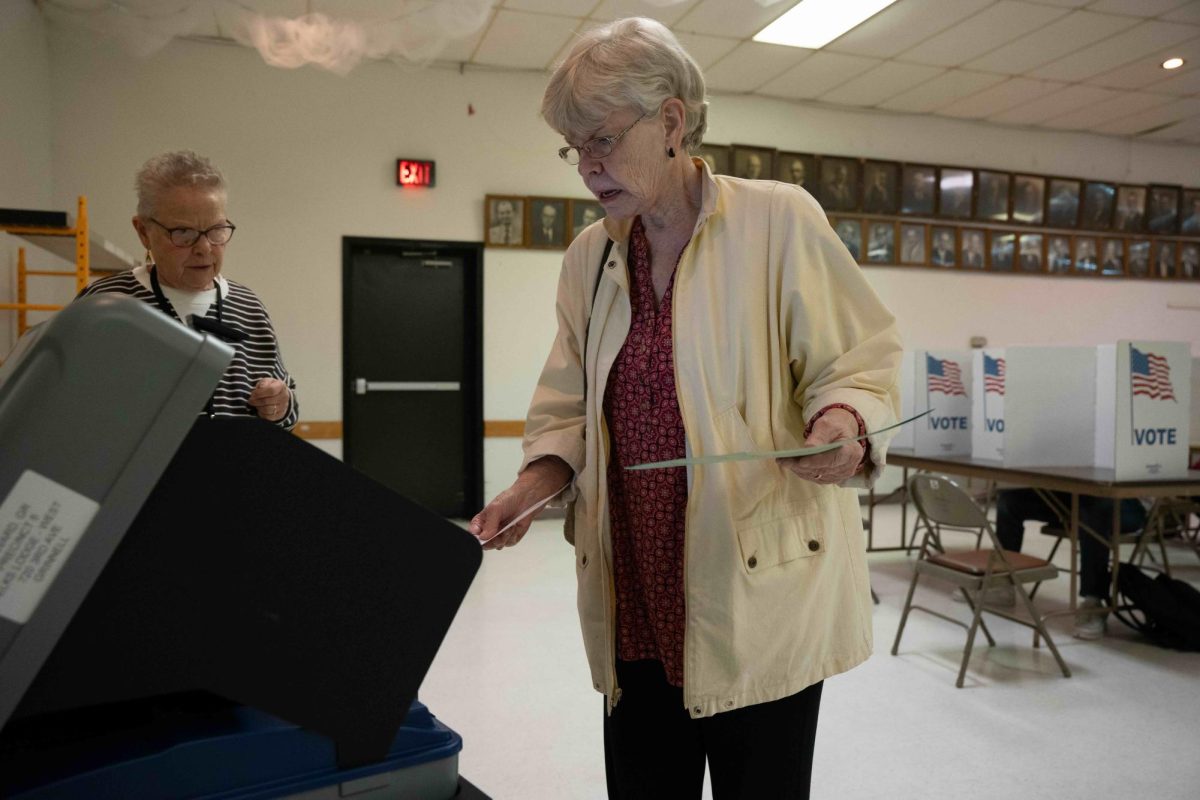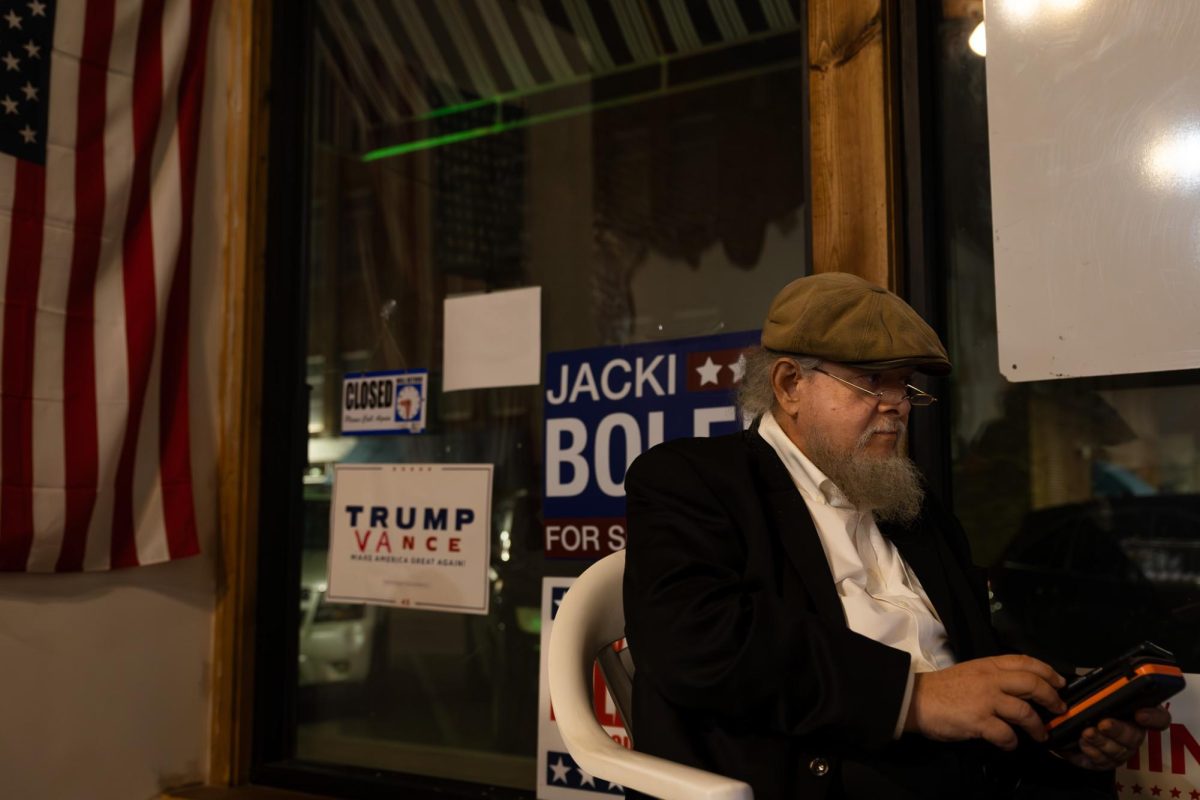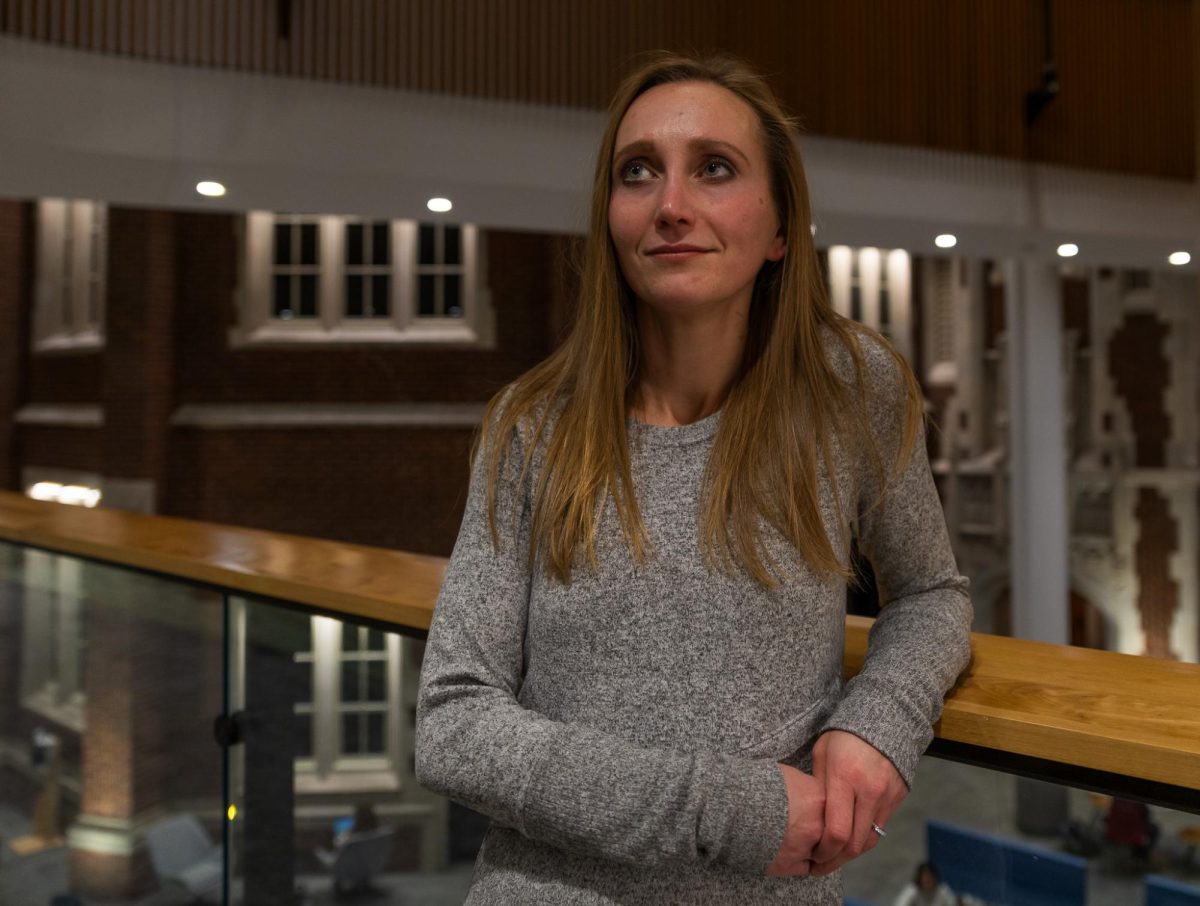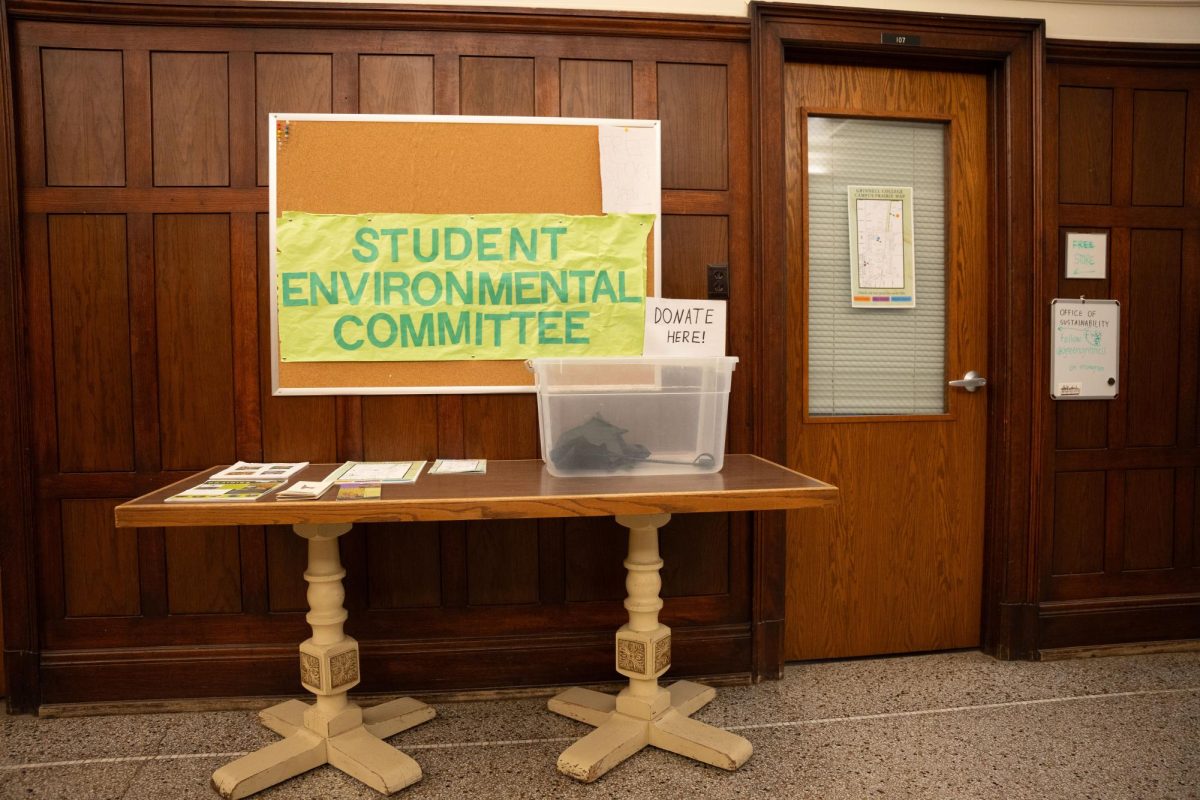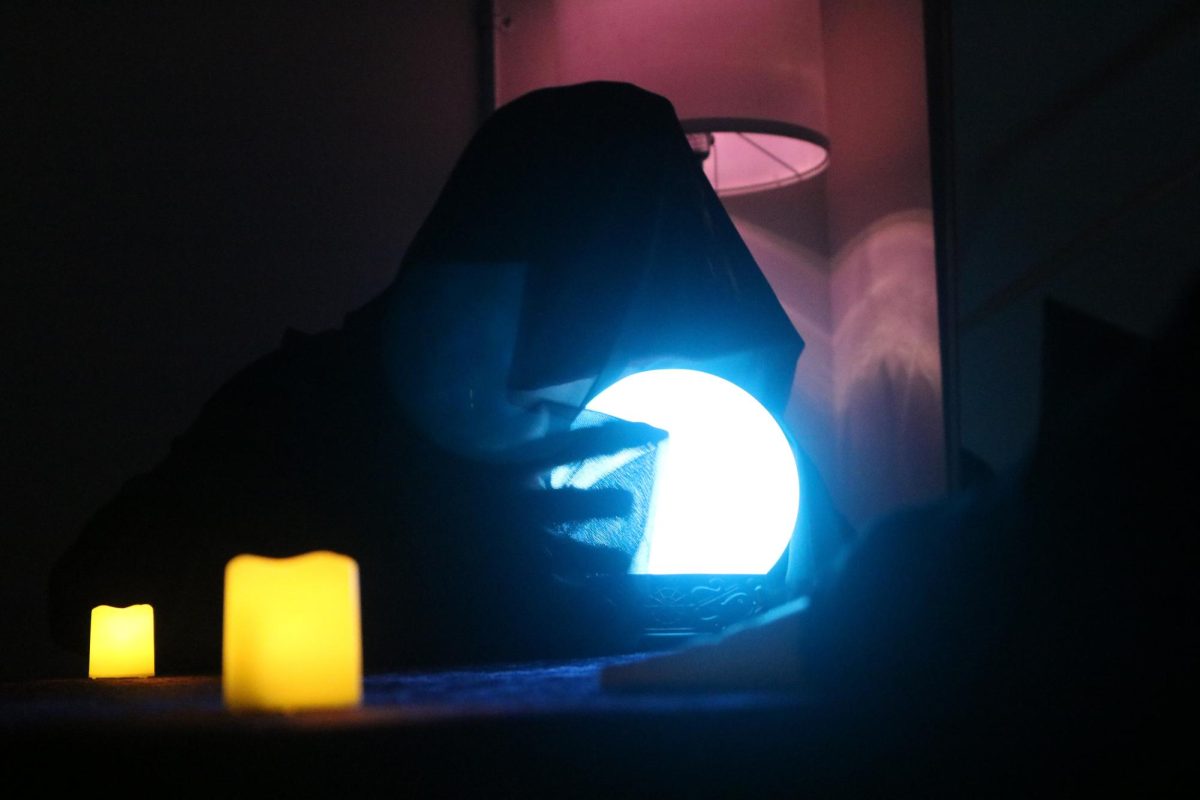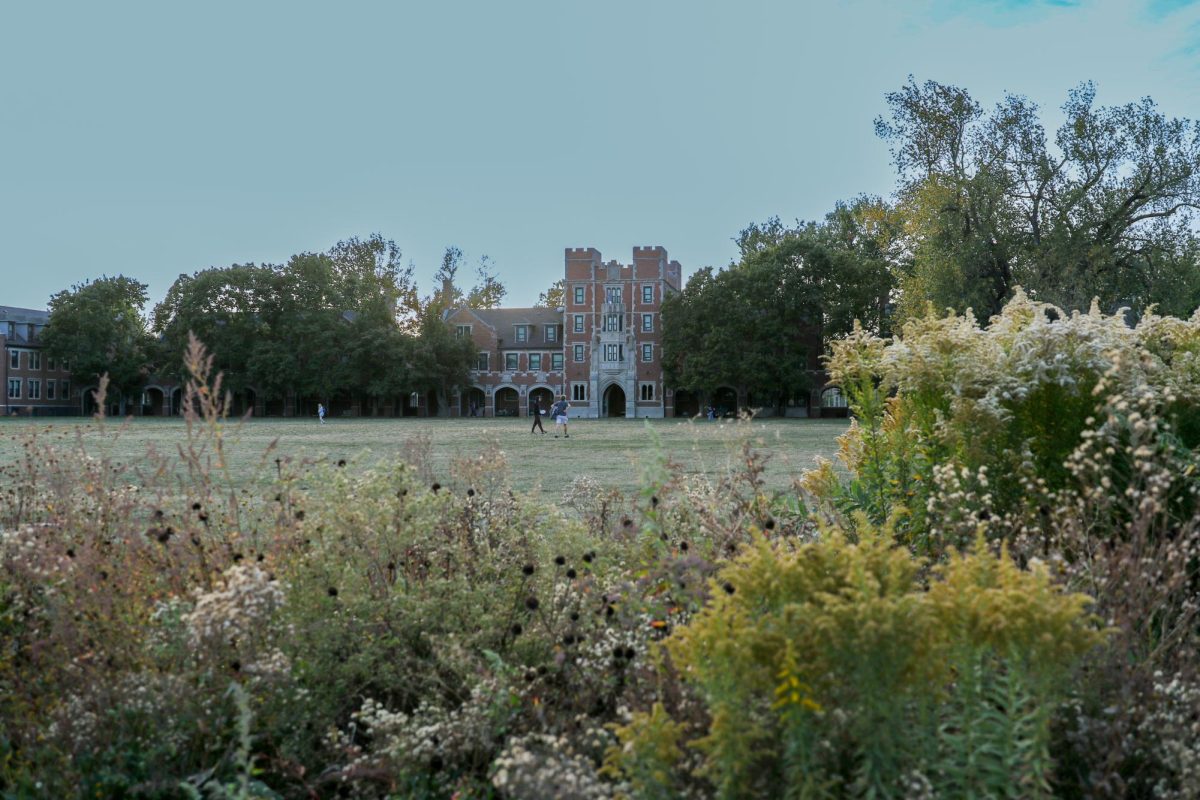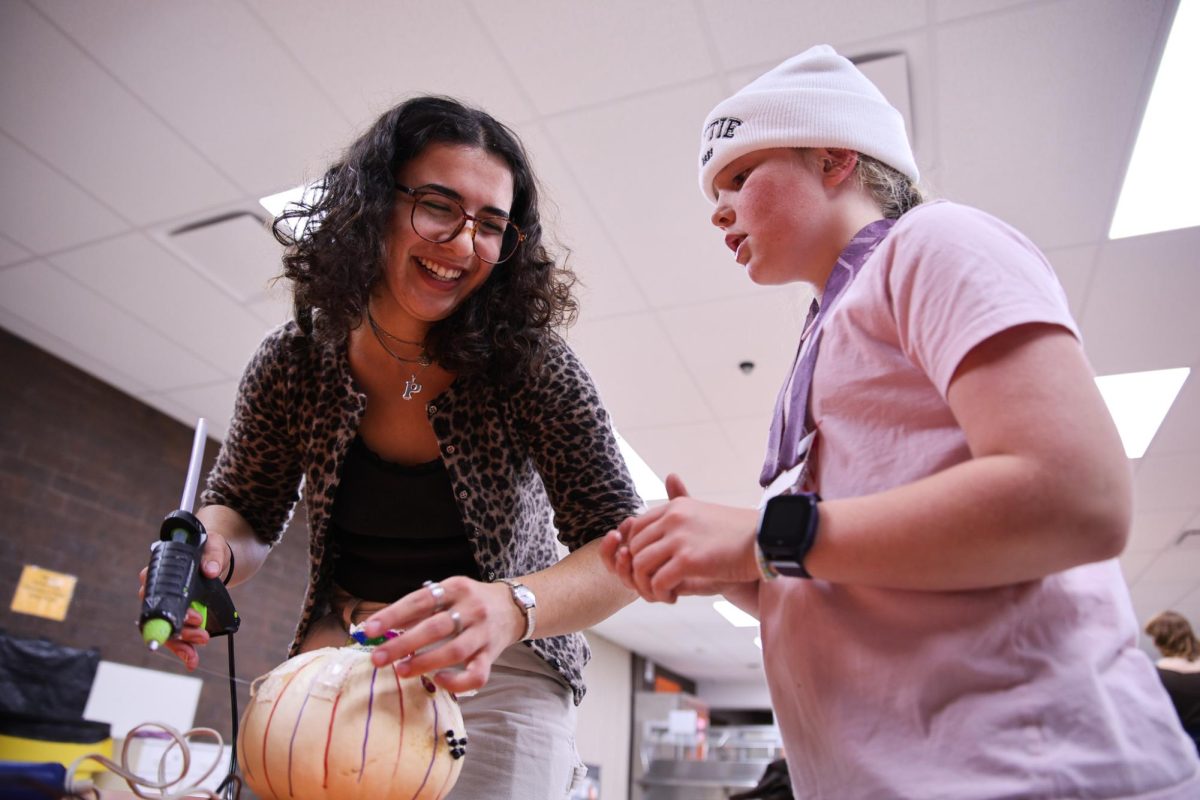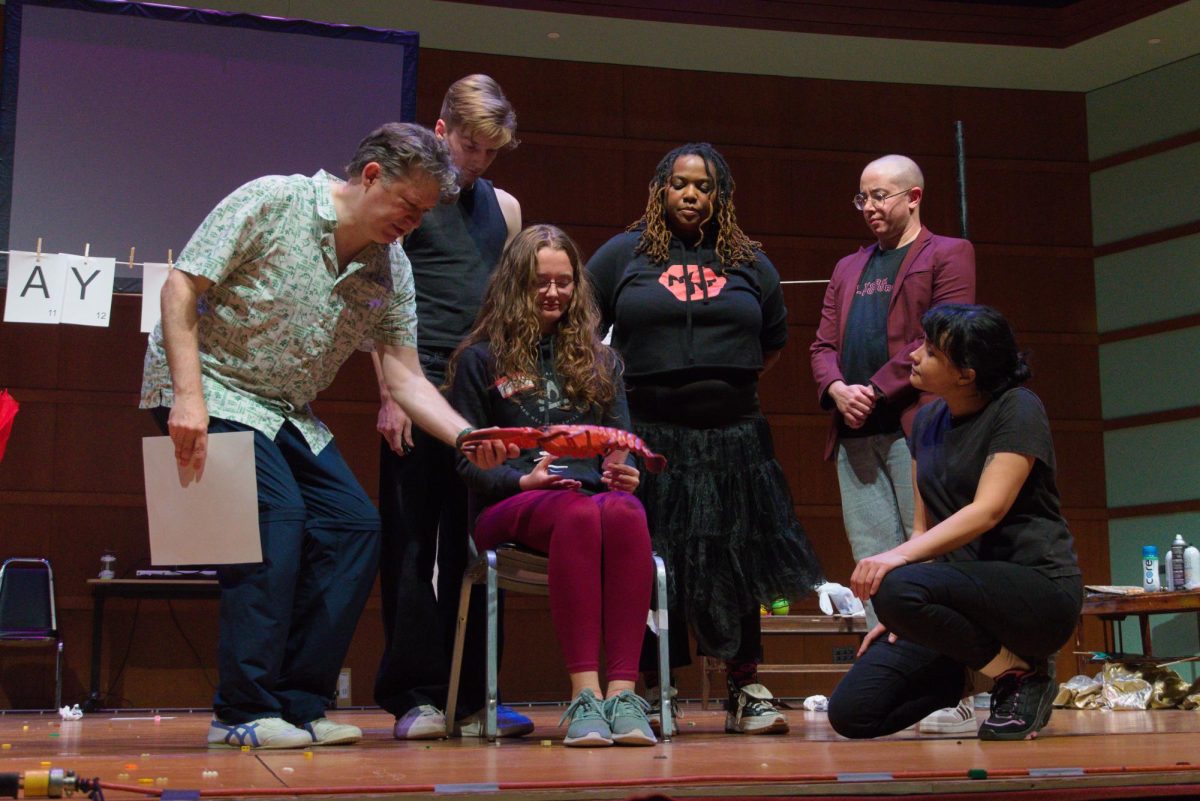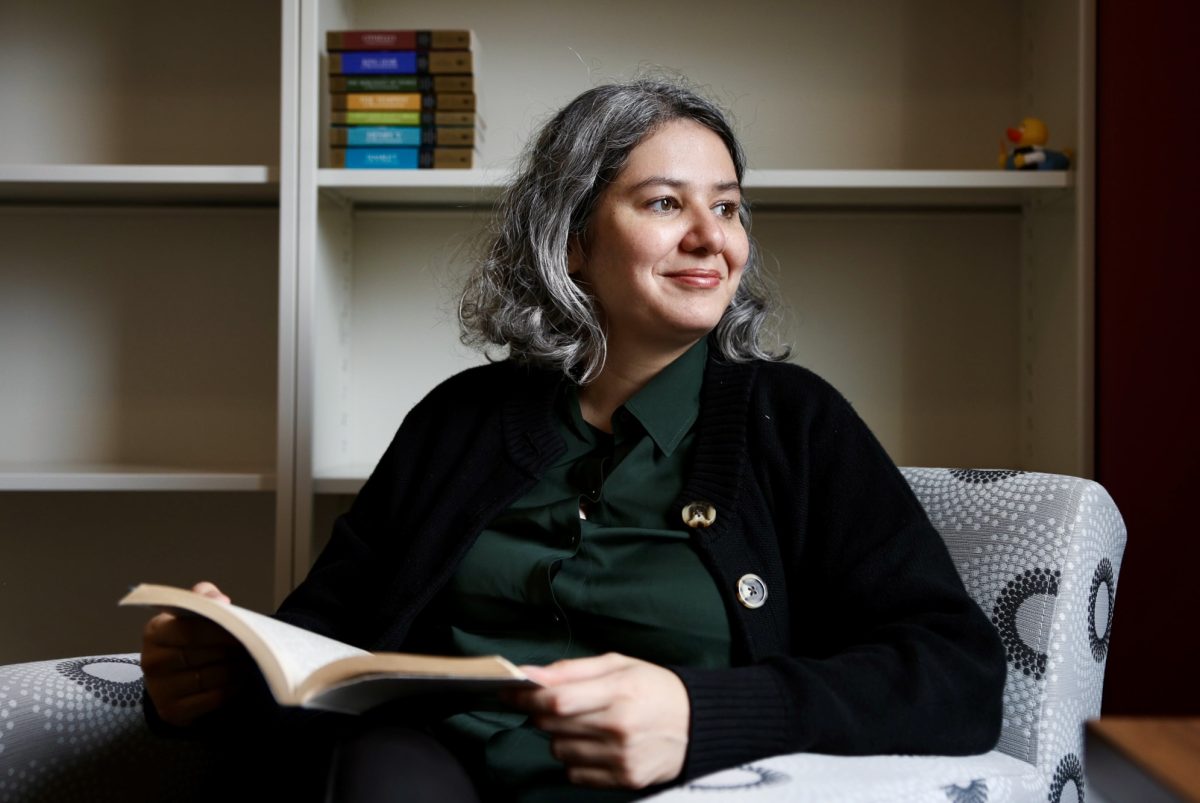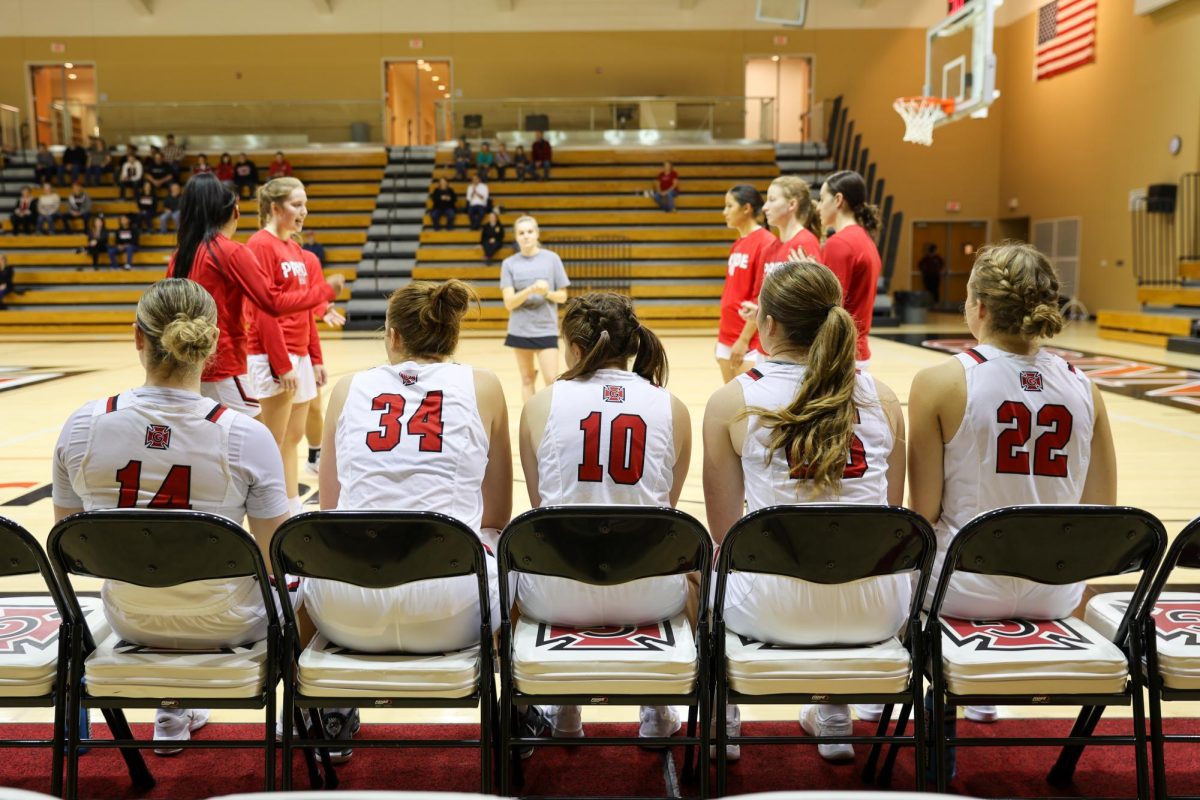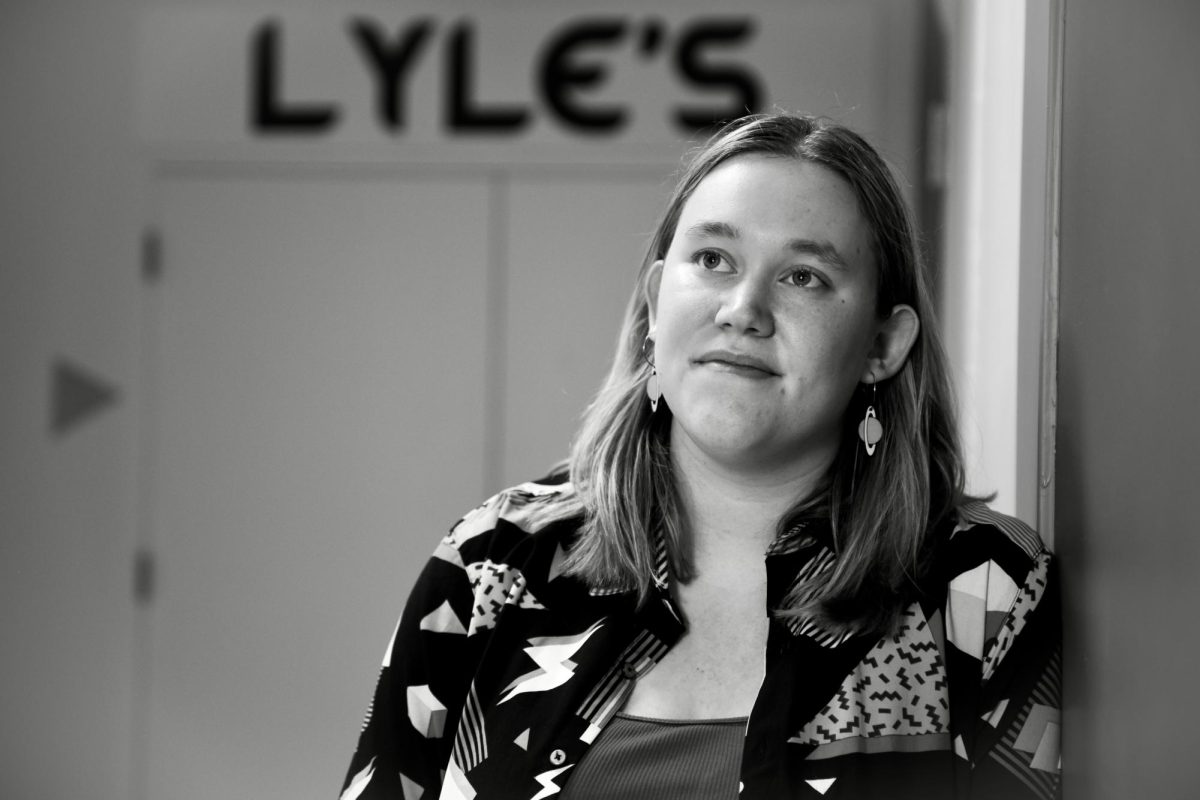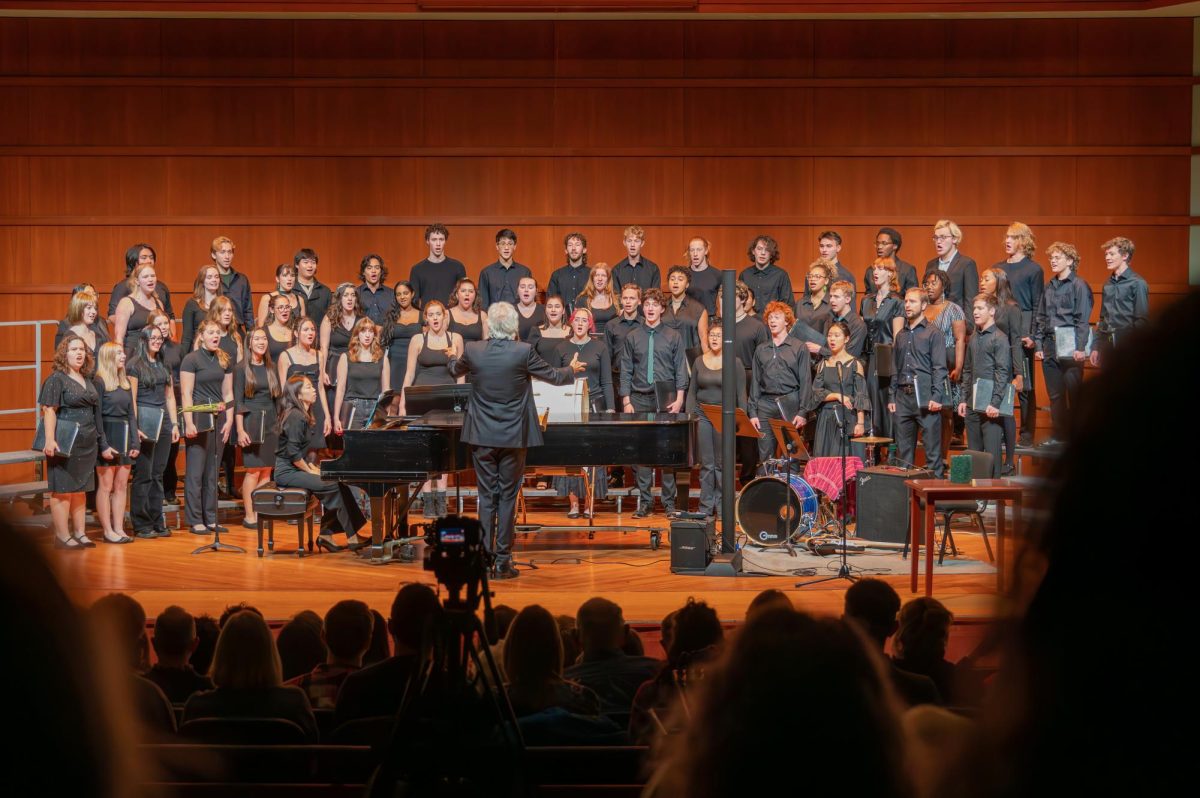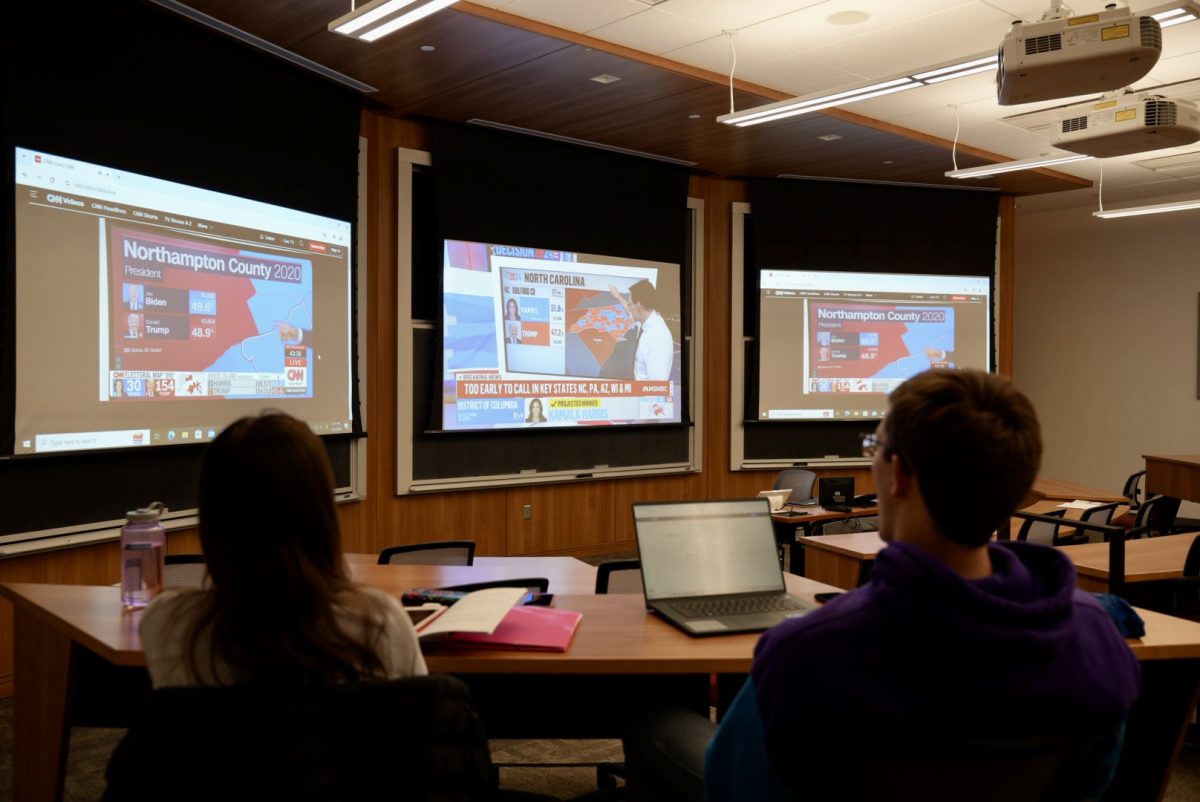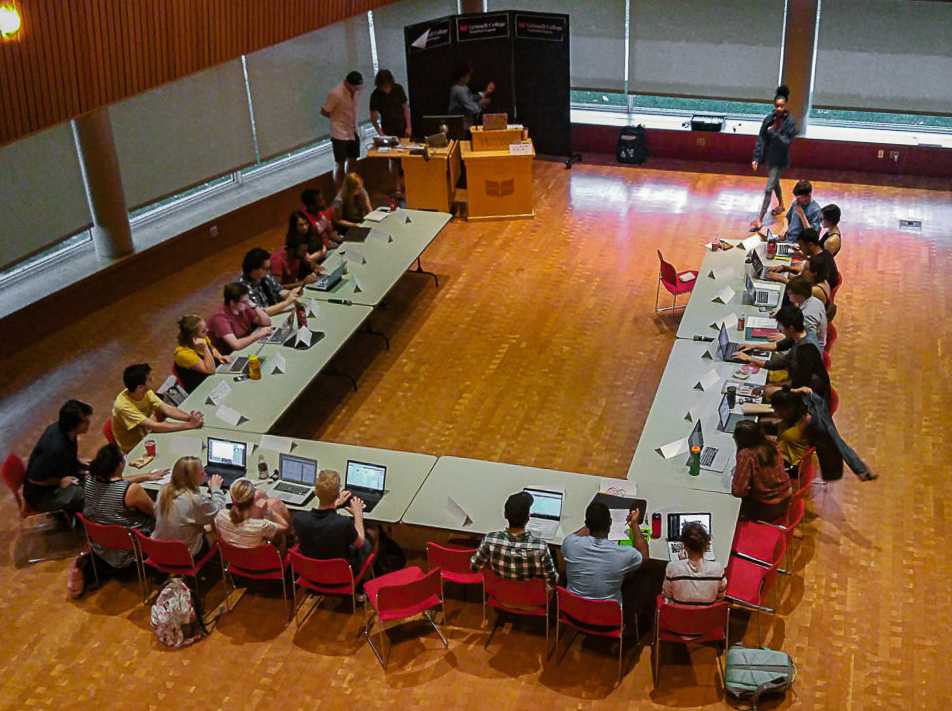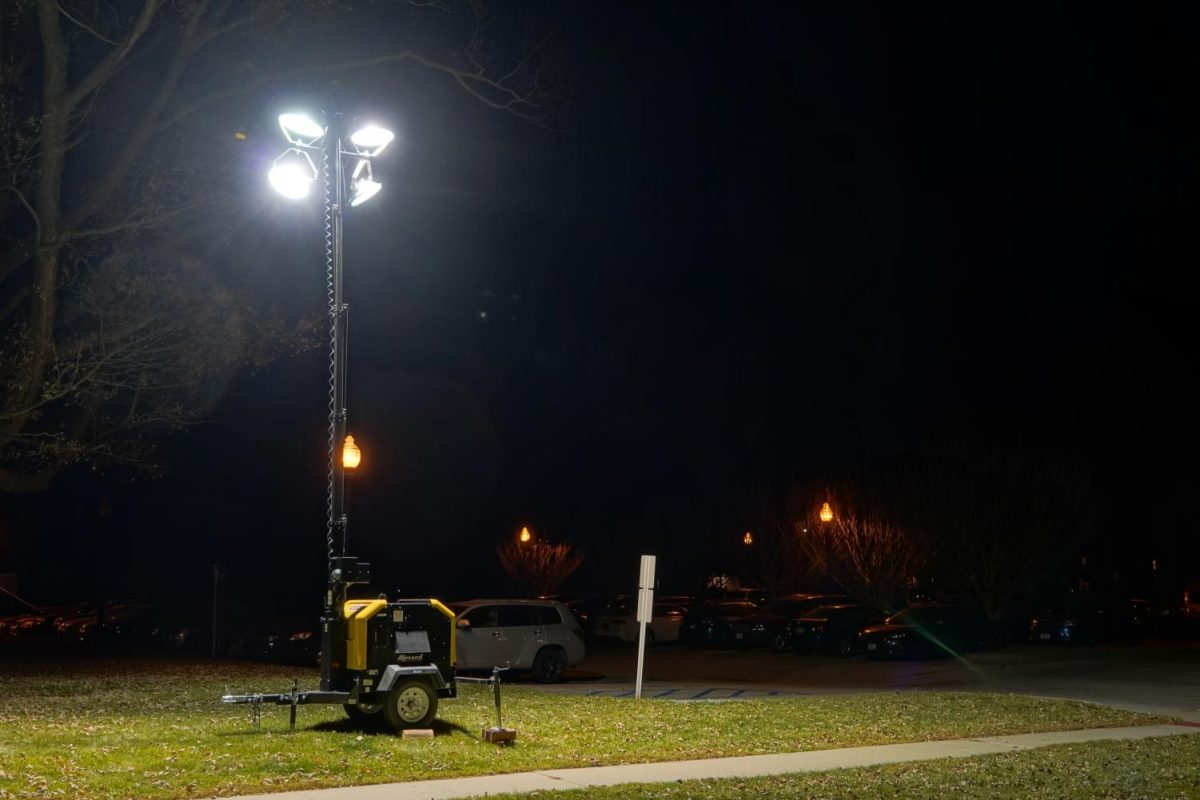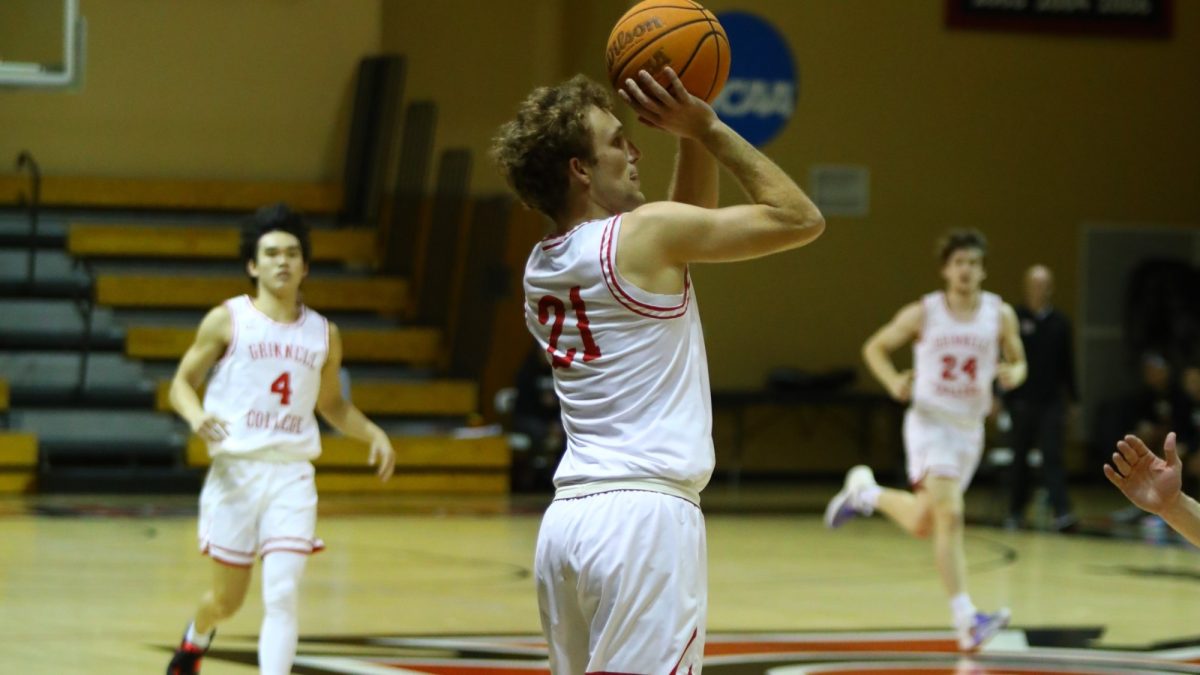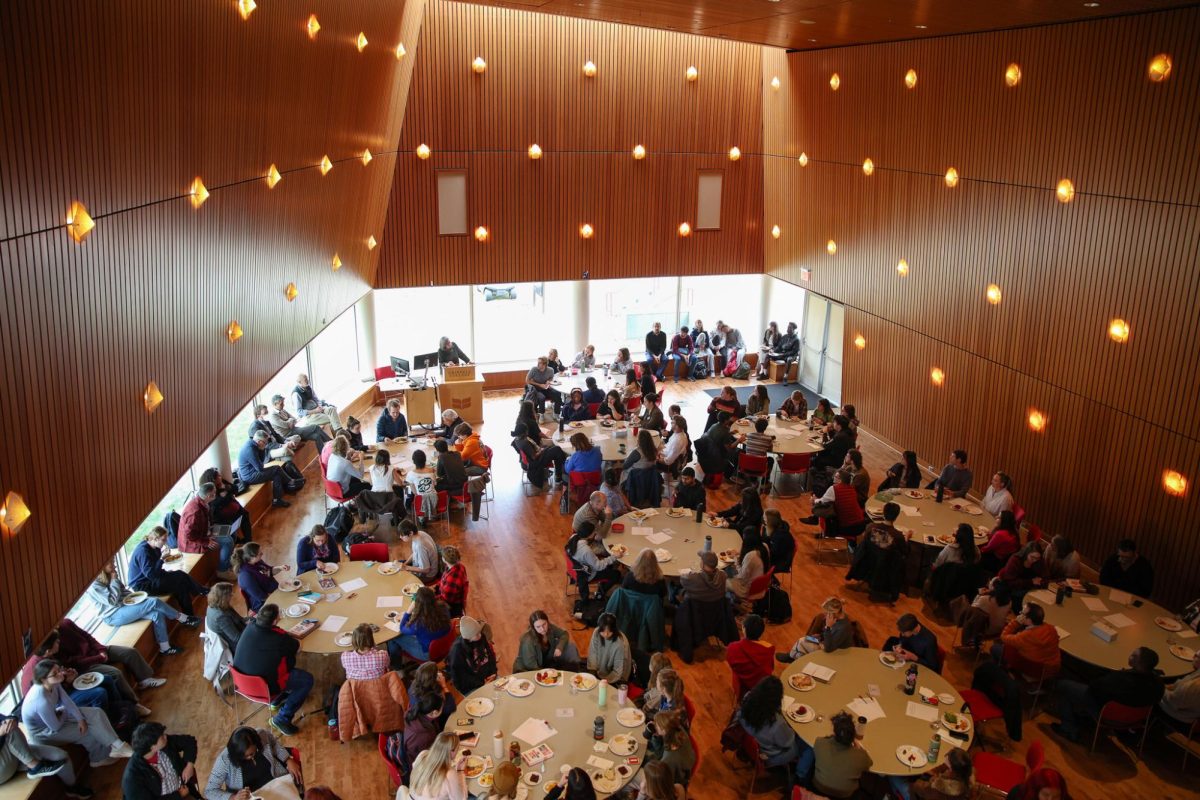This semester, the Student Government Association (SGA) changed the configuration of Student Senate to include representatives from Multicultural Leadership Council (MLC) groups with the goal of creating a more diverse group of student voices.
Historically, the Senate has been composed of 18 senators elected by the student body to represent the different residence clusters on campus. These senators have voting rights within Campus Council, which they exercise in the Council sessions that, up until now, took place every Sunday at 7:00 p.m. in JRC 101.
This semester, however, SGA has reserved six out of the 18 seats for representatives of different MLC groups. Due to the online format, the other 12 seats are composed of three senators representing each class year, as opposed to representation based on residential locations.
When talking about how this new configuration would immediately impact Senate dynamics, Diversity and Outreach Coordinator C’Erra Houston ’21 said, “[Student Senate] will have more voices that haven’t traditionally been centered in Senate. … I think it was really important to get MLC groups … because they do so much around campus.”
Out of the 13 active MLC groups, only seven reached out to SGA in response to outreach regarding the new seats: Asian American Association (AAA), African Caribbean Student Union (ACSU), Jewish student group Chalutzim, Concerned Black Students (CBS), International Student Organization (ISO), Questbridge and Student Organization of Latinxs (SOL). Treasurer Oscar Buchanan ’22 adjusted the SGA budget so they could hire all seven representatives and not have to turn anyone away.
“Everyone who expressed interest in putting a person in Senate got the person in Senate,” said Declan Jones ’21, Administrative Coordinator of SGA. “This is kind of, like, the pilot program. … I think in the future, there will be more time for a conversation facilitated between all MLC group leaders to talk about what feels like a fair form of representation.”
I think it was really important to get MLC groups … because they do so much around campus.
– Diversity and Outreach Coordinator C’Erra Houston ’21
Jones and SGA President Lana Katai ’21 said that the appointment of each MLC voting member was up to the leaders of each group.
Chalutzim and Questbridge had similar processes for appointing representatives. One of the positions within their respective cabinets is an MLC Coordinator — someone to attend MLC meetings and to facilitate and connect their organization to resources intended for MLC groups.
“Since we’re virtual now, we’re not really having those MLC meetings anymore,” said Vanessa Jennings ’23, Questbridge co-leader. “But we figured that our MLC rep for this year would still be a good fit, especially as a way to get them more involved in, like, a specific role.”
AAA, ACSU and SOL leaders appointed their representative based on group members’ interest in the position. According to ACSU leaders Avery Barnett ’21 and Abena Afari ’21, only one member of their group expressed interest.
“I feel like a lot of people are either overwhelmed by this new academic format, or … finding it difficult to engage with clubs because it’s now from a distance,” said Barnett. “I feel like we’ve been experiencing less and less involvement.”
Three first-year members of SOL expressed interest, prompting the SOL cabinet to conduct interviews in which they asked candidates which senator projects they would like to pursue and how they would advocate for SOL in Senate and in conversations with the administration. SOL Co-leader Cinthia Romo ’21 said that the group chose this format because they had to appoint somebody quickly and because it wouldn’t make sense to hold elections, since all the candidates were first-years.
Mentioning her co-leader, Xonzy Gaddis ’22, Romo said: “We’re thinking about adding the senator position to cab[inet], like, permanently.”
CBS and ISO leaders appointed a representative from people already in their cabinet. In the CBS cabinet, all members are first-years except for co-leaders Taylor Powell ’21 and Raven McClendon ’22. Powell explained that they wanted someone with experience, and since McClendon is already involved in SGA as a senator, they decided Powell should take the position. “We kind of decided that it probably be best that I be the representative for CBS because … we know the ropes of running our organization.”
For ISO, the choice was more difficult. Due to limitations imposed by the College, only students living in the United States can be paid for their work. Therefore the pool of options for ISO was greatly decreased. This is an issue which also affects ACSU and SOL, as well as other groups whose members are in different parts of the world.
“I personally know people who … would possibly have taken up the Senate position, but if they’re overseas they can’t do it. So even in doing Senate during this time, it also marginalizes people who are part of MLC groups who are international students,” said Barnett.
ISO’s cabinet found it difficult to gauge which students were in the U.S. and which were not. “Students don’t have access to who’s where. … Whether someone’s back home or, like, outside the U.S or in the country — even whether they’re on campus … we’re not supposed to know that,” said Secretary Vidush Goswami ’21.
ISO leadership then decided the best thing would be to appoint someone in the cabinet and give the opportunity to people who did not have experience with SGA.
“We really wanted to give others a chance, because three of us are seniors and we’ve all been Senators before,” wrote President Puravi Nath ’21 in a Facebook message to The S&B. “Those who are younger, we felt they should get a chance.” The appointed member is Treasurer Sarah Wig ’23, who will be living on-campus for Fall Term 2.
I personally know people who … would possibly have taken up the Senate position, but if they’re overseas they can’t do it. So even in doing Senate during this time, it also marginalizes people who are part of MLC groups who are international students.
– ACSU co-leader Avery Barnett ’21
“That’s something that we definitely need to be talking with the administration and HR [about], … figuring out why we can’t pay international students if they’re not in the country, and, like, how we could get around that if we could,” said Houston.
Differences in appointment processes aside, the leaders of these organizations agreed that having MLC representatives in Student Senate will have a positive and definitive impact on their organizations. Apart from including their voices more permanently in decision-making processes, they spoke to the benefits of having the support of SGA.
“It’ll have a really good impact,” said Powell. “We can definitely get a lot of our demands out there to the College, and with SGA supporting us, it’ll be just that much easier.”
However, MLC leaders say that there is still work to be done in formalizing the contributions of MLC groups to student life. Batyah Selis ’21, Chalutzim co-leader, explained: “It is a kind of weird setup, where, like, everyone’s kind of doing work, and only one person will get paid.”
Members of SGA cabinet also acknowledged this issue and said that they are looking to pay MLC groups equitably for the work they do on campus. “I think that’s definitely something that we need to, like, brainstorm and think about more,” said Houston. She explained that there needs to be a collaboration between SGA and MLC group leaders to see where they could use support and where SGA can find room in the budget, as well as advocating to the administration to get them paid.
“I feel confident that we could find a way to compensate them fairly for the work that they do,” said Katai.


